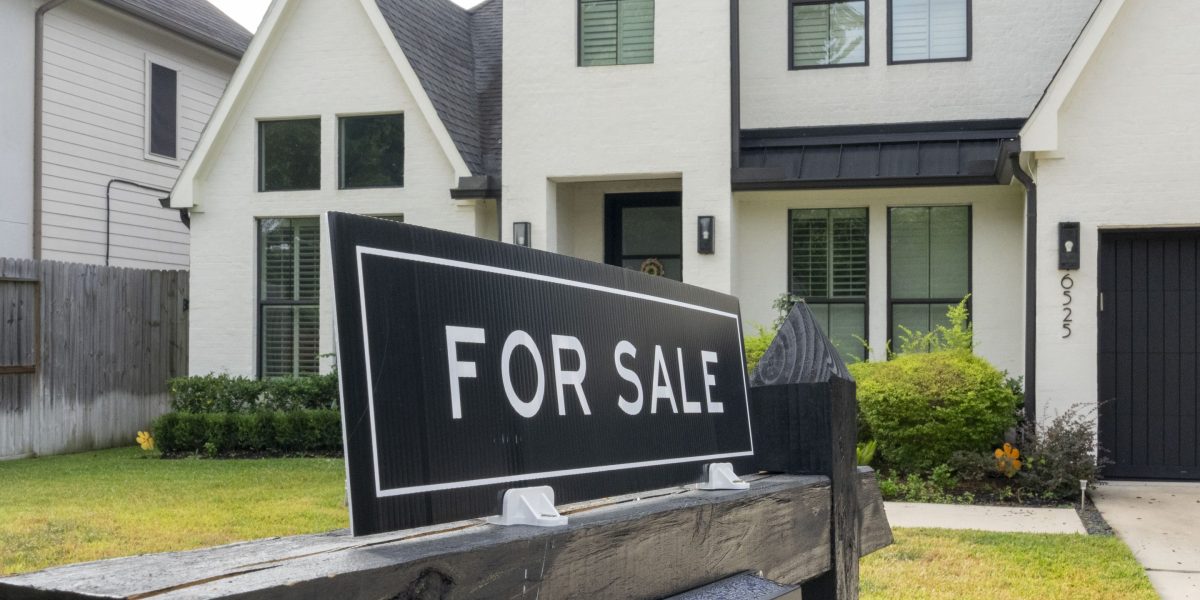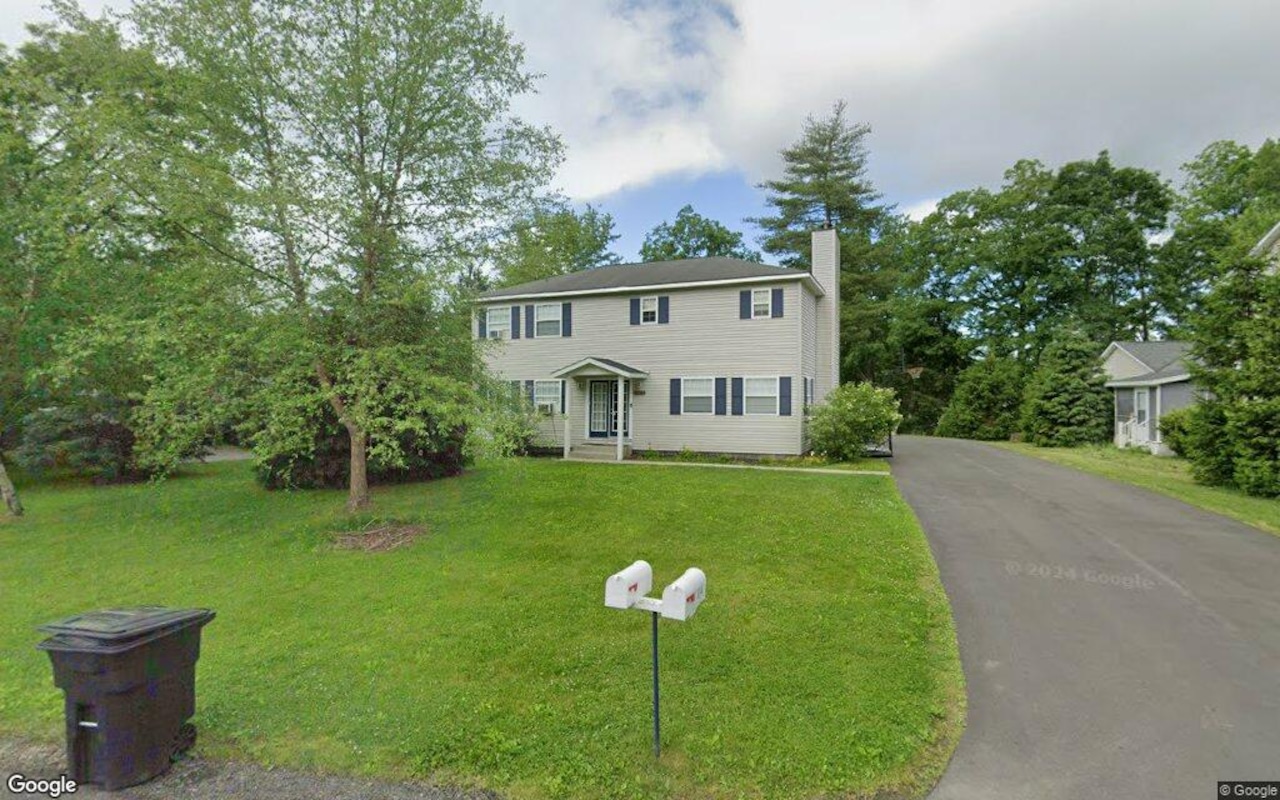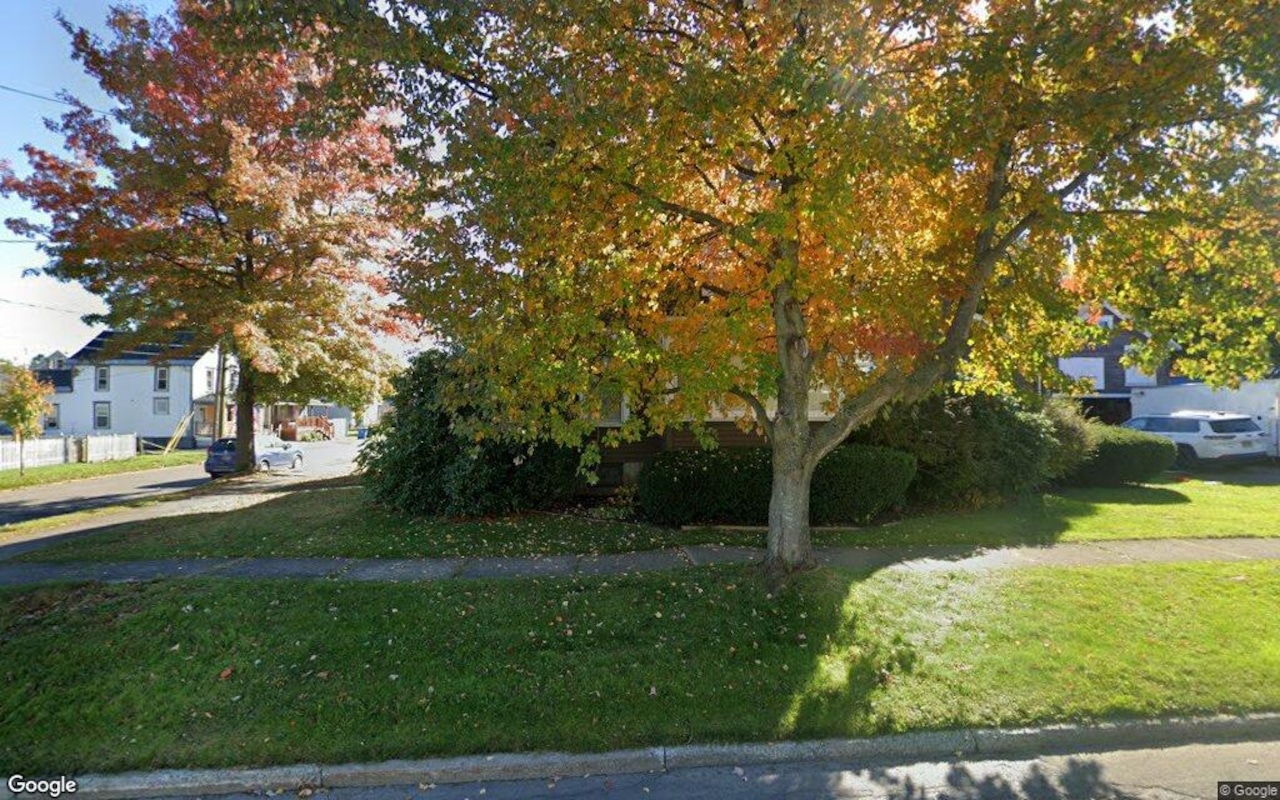F
or Seattle-area progressives, Donald Trump's reelection has brought fear and anxiety about the region's affordability crisis. The outcome adds uncertainty for those struggling with housing costs, who worry that solving the crisis may take even longer. Property developers and real estate professionals are also concerned, as Trump's promises of deregulation, tariffs, and mass deportations pose a mixed picture.
Construction workers, represented by Monty Anderson, executive secretary of the Seattle Building and Construction Trades Council, fear for their union rights and apprenticeship programs under Trump's policies. The majority of housing policymaking happens at the local and state level, but national leadership influences interest rates, federal funds for affordable housing, and construction worker rights.
The cost of tariffs is a pressing concern for real estate observers, as new construction is vital to addressing Seattle's vast housing shortage. Trump has floated a 10%-20% tariff on most foreign goods, including steel and lumber, which could drive up costs. Even pro-business groups are wary of another round of tariffs, particularly on Canadian lumber.
Rising costs will come in the context of local regulations and already high land, material, and labor costs. High interest rates have led to fewer developers applying for permits, exacerbating the housing shortage. Added tariffs would be a slice of those already high costs facing builders, said Dan Swanson, executive vice president at Kidder Mathews.
Immigration policies also pose a risk, as immigrants make up over a quarter of the construction workforce nationwide. Trump's promised immigration crackdown could breed fear among workers, leading to a labor shortage and driving up costs for builders. BIAW's Greg Lane hopes lawmakers will pursue a path to citizenship for people on visas, which would help the industry.
For homebuyers and renters, economists caution against making predictions about the link between the presidential election and the housing market. Home prices in Seattle rose steadily from 2012 to 2020, spanning two administrations. However, mortgage rates may rise under Trump's policies, with some predicting a return to 6% interest rates.
A change in presidential administration can have a sharper effect on funding for subsidized affordable housing and homelessness programs. Rachael Myers, executive director of the Washington Low Income Housing Alliance, worries that Trump's win will undermine efforts to address housing challenges. During his first term, Trump proposed cuts to housing and homelessness programs, which Congress held off but may not do so again.
If federal funding cuts occur, state dollars available for construction of new affordable housing or other efforts could be reduced. Project 2025, a conservative overhaul document, proposes rolling back efforts to fight housing discrimination and eliminating a Biden-backed fund for local governments to build affordable housing. Affordable housing advocates and business-aligned developers agree that the solution lies in turning to this Washington instead of D.C.













